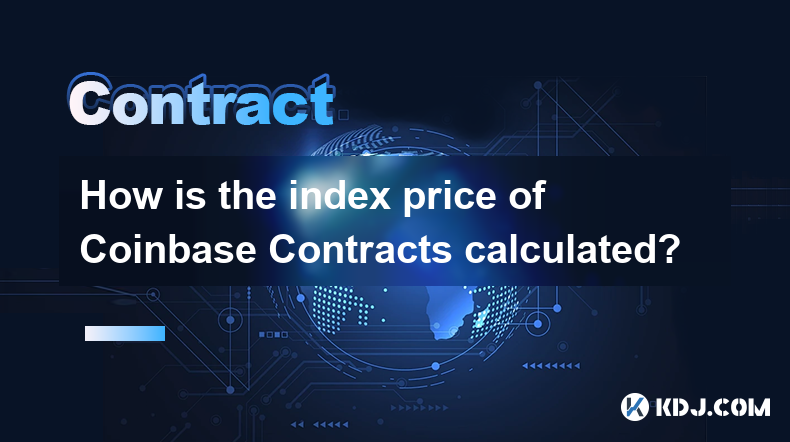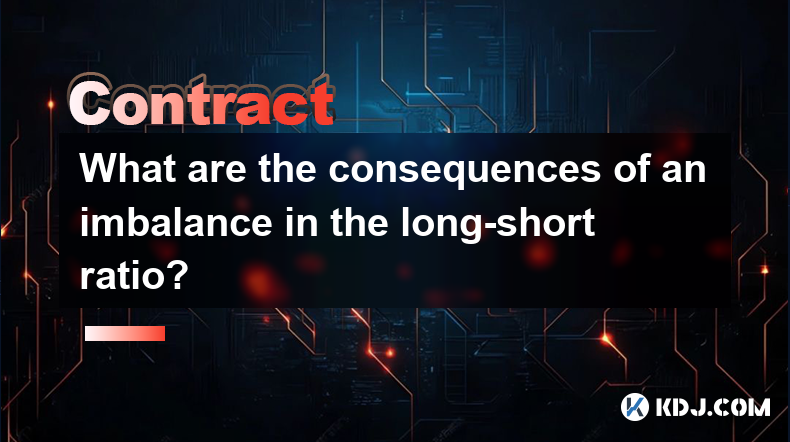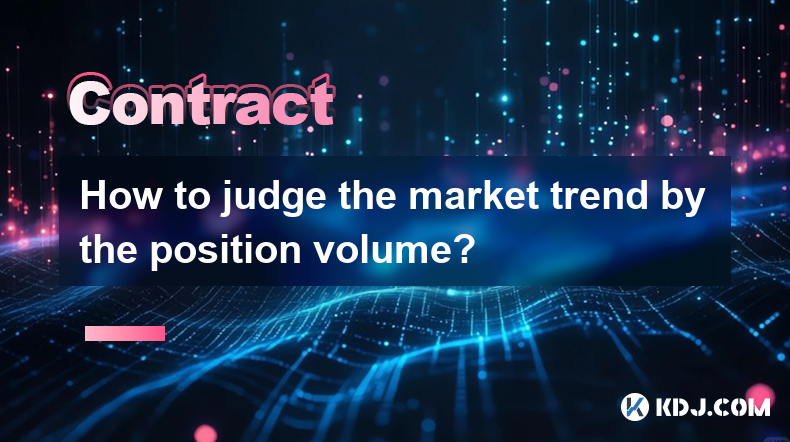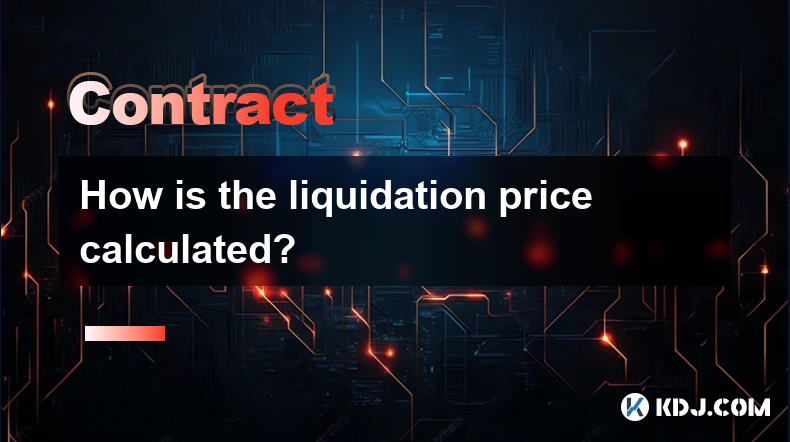-
 Bitcoin
Bitcoin $84,380.9629
-0.68% -
 Ethereum
Ethereum $1,587.8040
0.39% -
 Tether USDt
Tether USDt $0.9997
0.02% -
 XRP
XRP $2.0611
-0.10% -
 BNB
BNB $592.1695
0.41% -
 Solana
Solana $134.0171
-0.42% -
 USDC
USDC $1.0000
0.00% -
 Dogecoin
Dogecoin $0.1576
1.44% -
 TRON
TRON $0.2401
-3.06% -
 Cardano
Cardano $0.6295
2.16% -
 UNUS SED LEO
UNUS SED LEO $9.2244
1.69% -
 Chainlink
Chainlink $12.5592
0.40% -
 Avalanche
Avalanche $19.0618
0.03% -
 Toncoin
Toncoin $2.9920
1.85% -
 Stellar
Stellar $0.2398
0.17% -
 Shiba Inu
Shiba Inu $0.0...01228
4.28% -
 Hedera
Hedera $0.1653
1.46% -
 Sui
Sui $2.1201
-0.04% -
 Bitcoin Cash
Bitcoin Cash $335.2957
0.47% -
 Polkadot
Polkadot $3.6693
0.93% -
 Litecoin
Litecoin $75.9657
1.55% -
 Hyperliquid
Hyperliquid $17.0326
-0.70% -
 Dai
Dai $1.0000
0.01% -
 Bitget Token
Bitget Token $4.4071
0.71% -
 Ethena USDe
Ethena USDe $0.9992
0.02% -
 Pi
Pi $0.6423
4.69% -
 Monero
Monero $215.4419
-0.65% -
 Uniswap
Uniswap $5.1801
0.13% -
 Pepe
Pepe $0.0...07322
1.11% -
 OKB
OKB $50.2807
-0.70%
How is the index price of Coinbase Contracts calculated?
Coinbase's undisclosed index price, used for cryptocurrency perpetual contracts, combines data from multiple exchanges, weighting them based on factors like volume and reputation to create a fair market value, though discrepancies with individual exchange prices are possible.
Mar 21, 2025 at 08:01 pm

Key Points:
- Coinbase Contracts' index price is not a single, easily defined calculation. It's a composite derived from multiple exchanges and methodologies.
- The specific weighting and exchanges used are not publicly disclosed by Coinbase, leading to some opacity.
- The index aims to represent the fair market value of a cryptocurrency, minimizing manipulation from any single source.
- Factors like trading volume, liquidity, and exchange reputation influence the selection process.
- Discrepancies can arise between the Coinbase Contracts index and prices on individual exchanges due to differing methodologies and market conditions.
How is the index price of Coinbase Contracts calculated?
Coinbase Contracts uses an index price for various cryptocurrencies underlying its perpetual contracts. Understanding how this index is calculated is crucial for traders using these contracts. However, the exact formula remains proprietary and undisclosed by Coinbase. This lack of transparency is a point of contention for some users. The index aims to reflect a fair market value, combining data from various exchanges rather than relying on a single source. This diversification is intended to mitigate the risk of price manipulation.
The selection of exchanges contributing to the index is not publicly detailed. It's likely a process involving several criteria, including the exchange's trading volume, liquidity, and perceived reputation within the cryptocurrency market. Exchanges known for thin order books or potential for manipulation would likely be excluded. This weighting process itself is not disclosed, meaning some exchanges may contribute more significantly to the final index price than others.
The index likely utilizes a weighted average price from multiple exchanges. This method involves taking the price from each contributing exchange, weighting it based on its significance, and then combining these weighted prices to arrive at a single index price. The weights assigned might change dynamically depending on market conditions, liquidity shifts, and other factors. This dynamic adjustment aims to ensure the index remains responsive to market changes while reducing the impact of outliers.
The process is further complicated by the fact that different exchanges use different matching engines and order books. These variations in how trades are executed and prices are determined can lead to discrepancies between the prices on individual exchanges. Therefore, simply averaging raw prices from multiple exchanges would likely not be an accurate reflection of the overall market price. Coinbase likely employs sophisticated algorithms to account for these differences and ensure a robust and representative index price.
The time-weighted nature of the index is another important factor. It's unlikely a simple snapshot of prices at a single moment is used. Instead, the index probably incorporates price data from a specified period, perhaps averaging prices over several minutes or even hours. This averaging helps smooth out short-term volatility and provides a more stable representation of the underlying asset's value. The specific timeframe used for averaging is another undisclosed aspect of the calculation.
While Coinbase's lack of full transparency concerning its index calculation method is a valid criticism, the intention is clear: to create a relatively stable and resistant index price. This goal requires a complex system that considers various aspects of market data and exchange reliability. The proprietary nature of the calculation helps protect Coinbase’s intellectual property, but it also hinders complete understanding for the users.
Frequently Asked Questions:
Q: Why doesn't Coinbase publicly disclose the exact index calculation method?
A: Coinbase likely keeps the precise formula confidential to prevent manipulation and maintain a competitive advantage. Revealing the specifics could allow sophisticated traders to exploit weaknesses in the system or potentially create artificial price movements.
Q: How often is the Coinbase Contracts index price updated?
A: The index price is updated frequently, likely every few seconds or minutes, to reflect real-time market changes. The exact update frequency is not publicly specified.
Q: Can the Coinbase Contracts index price differ significantly from prices on other exchanges?
A: Yes, discrepancies can arise due to differences in methodologies, weighting, and the exchanges included in the index calculation. Market conditions and order book dynamics on individual exchanges also play a role.
Q: Is the Coinbase Contracts index price always perfectly accurate?
A: No index price is perfectly accurate, and the Coinbase Contracts index is no exception. It's an approximation of the fair market value, aiming to minimize biases and manipulations but not entirely eliminate them.
Q: What happens if one of the exchanges contributing to the index experiences a significant outage?
A: Coinbase's algorithms likely incorporate contingency plans to handle such situations. The weighting of the affected exchange might be temporarily reduced or adjusted until service is restored. The specific response mechanisms are not publicly known.
Q: Could the index be manipulated?
A: While the use of multiple exchanges and a weighted average is designed to prevent manipulation, the possibility of sophisticated manipulation can't be entirely ruled out. The lack of complete transparency makes it harder to definitively assess the index's robustness against such attempts.
Q: Where can I find more detailed information on the Coinbase Contracts index?
A: Unfortunately, detailed information beyond general descriptions is not readily available from Coinbase. Contacting Coinbase support directly might yield some additional, though likely limited, information.
Disclaimer:info@kdj.com
The information provided is not trading advice. kdj.com does not assume any responsibility for any investments made based on the information provided in this article. Cryptocurrencies are highly volatile and it is highly recommended that you invest with caution after thorough research!
If you believe that the content used on this website infringes your copyright, please contact us immediately (info@kdj.com) and we will delete it promptly.
- 5 Cryptos That Aren't Sleeping Anymore. From Wall Street Warming Up to Tokenized Assets
- 2025-04-19 07:20:13
- Litecoin (LTC) Returns to Familiar 10x Territory: How High Could It Go This Time?
- 2025-04-19 07:20:13
- Hashkey Group is Moving to Increase its Presence in the Growing ETF Market of Asia. By Launching an XRP-Targeted Fund
- 2025-04-19 07:15:13
- Berachain (BERA) Price Crashes to a Record Low as Stablecoins in Its Ecosystem Continue Their Recent Plunge
- 2025-04-19 07:15:13
- United States asset manager Canary Capital has filed to list an exchange-traded fund (ETF) holding the Tron blockchain network's native token
- 2025-04-19 07:10:13
- XRP price hovers above $2.08 as traders weigh conflicting signals from spot and derivatives markets, suggesting short-term indecision.
- 2025-04-19 07:10:13
Related knowledge

How does Tail Protection reduce the loss of liquidation?
Apr 11,2025 at 01:50am
Introduction to Tail Protection in CryptocurrencyTail Protection is a mechanism designed to mitigate the risks associated with liquidation in cryptocurrency trading. Liquidation occurs when a trader's position is forcibly closed by the exchange due to insufficient margin to cover potential losses. This often happens in leveraged trading, where traders b...

What are the consequences of an imbalance in the long-short ratio?
Apr 13,2025 at 02:50pm
The long-short ratio is a critical metric in the cryptocurrency trading world, reflecting the balance between bullish and bearish sentiments among traders. An imbalance in this ratio can have significant consequences on the market dynamics, affecting everything from price volatility to trading strategies. Understanding these consequences is essential fo...

How to judge the market trend by the position volume?
Apr 11,2025 at 02:29pm
Understanding how to judge the market trend by position volume is crucial for any cryptocurrency trader. Position volume, which refers to the total number of open positions in a particular cryptocurrency, can provide valuable insights into market sentiment and potential price movements. By analyzing this data, traders can make more informed decisions ab...

Why does a perpetual contract have no expiration date?
Apr 09,2025 at 08:43pm
Perpetual contracts, also known as perpetual futures or perpetual swaps, are a type of derivative product that has gained significant popularity in the cryptocurrency market. Unlike traditional futures contracts, which have a fixed expiration date, perpetual contracts do not expire. This unique feature raises the question: why does a perpetual contract ...

Why is the full-position mode riskier than the position-by-position mode?
Apr 13,2025 at 03:42pm
Why is the Full-Position Mode Riskier Than the Position-by-Position Mode? In the world of cryptocurrency trading, the choice between full-position mode and position-by-position mode can significantly impact the risk profile of a trader's portfolio. Understanding the differences between these two modes is crucial for making informed trading decisions. Th...

How is the liquidation price calculated?
Apr 12,2025 at 01:35am
Introduction to Liquidation PriceLiquidation price is a critical concept in the world of cryptocurrency trading, particularly when dealing with leveraged positions. Understanding how this price is calculated is essential for traders to manage their risk effectively. The liquidation price is the point at which a trader's position is forcibly closed by th...

How does Tail Protection reduce the loss of liquidation?
Apr 11,2025 at 01:50am
Introduction to Tail Protection in CryptocurrencyTail Protection is a mechanism designed to mitigate the risks associated with liquidation in cryptocurrency trading. Liquidation occurs when a trader's position is forcibly closed by the exchange due to insufficient margin to cover potential losses. This often happens in leveraged trading, where traders b...

What are the consequences of an imbalance in the long-short ratio?
Apr 13,2025 at 02:50pm
The long-short ratio is a critical metric in the cryptocurrency trading world, reflecting the balance between bullish and bearish sentiments among traders. An imbalance in this ratio can have significant consequences on the market dynamics, affecting everything from price volatility to trading strategies. Understanding these consequences is essential fo...

How to judge the market trend by the position volume?
Apr 11,2025 at 02:29pm
Understanding how to judge the market trend by position volume is crucial for any cryptocurrency trader. Position volume, which refers to the total number of open positions in a particular cryptocurrency, can provide valuable insights into market sentiment and potential price movements. By analyzing this data, traders can make more informed decisions ab...

Why does a perpetual contract have no expiration date?
Apr 09,2025 at 08:43pm
Perpetual contracts, also known as perpetual futures or perpetual swaps, are a type of derivative product that has gained significant popularity in the cryptocurrency market. Unlike traditional futures contracts, which have a fixed expiration date, perpetual contracts do not expire. This unique feature raises the question: why does a perpetual contract ...

Why is the full-position mode riskier than the position-by-position mode?
Apr 13,2025 at 03:42pm
Why is the Full-Position Mode Riskier Than the Position-by-Position Mode? In the world of cryptocurrency trading, the choice between full-position mode and position-by-position mode can significantly impact the risk profile of a trader's portfolio. Understanding the differences between these two modes is crucial for making informed trading decisions. Th...

How is the liquidation price calculated?
Apr 12,2025 at 01:35am
Introduction to Liquidation PriceLiquidation price is a critical concept in the world of cryptocurrency trading, particularly when dealing with leveraged positions. Understanding how this price is calculated is essential for traders to manage their risk effectively. The liquidation price is the point at which a trader's position is forcibly closed by th...
See all articles
























































































